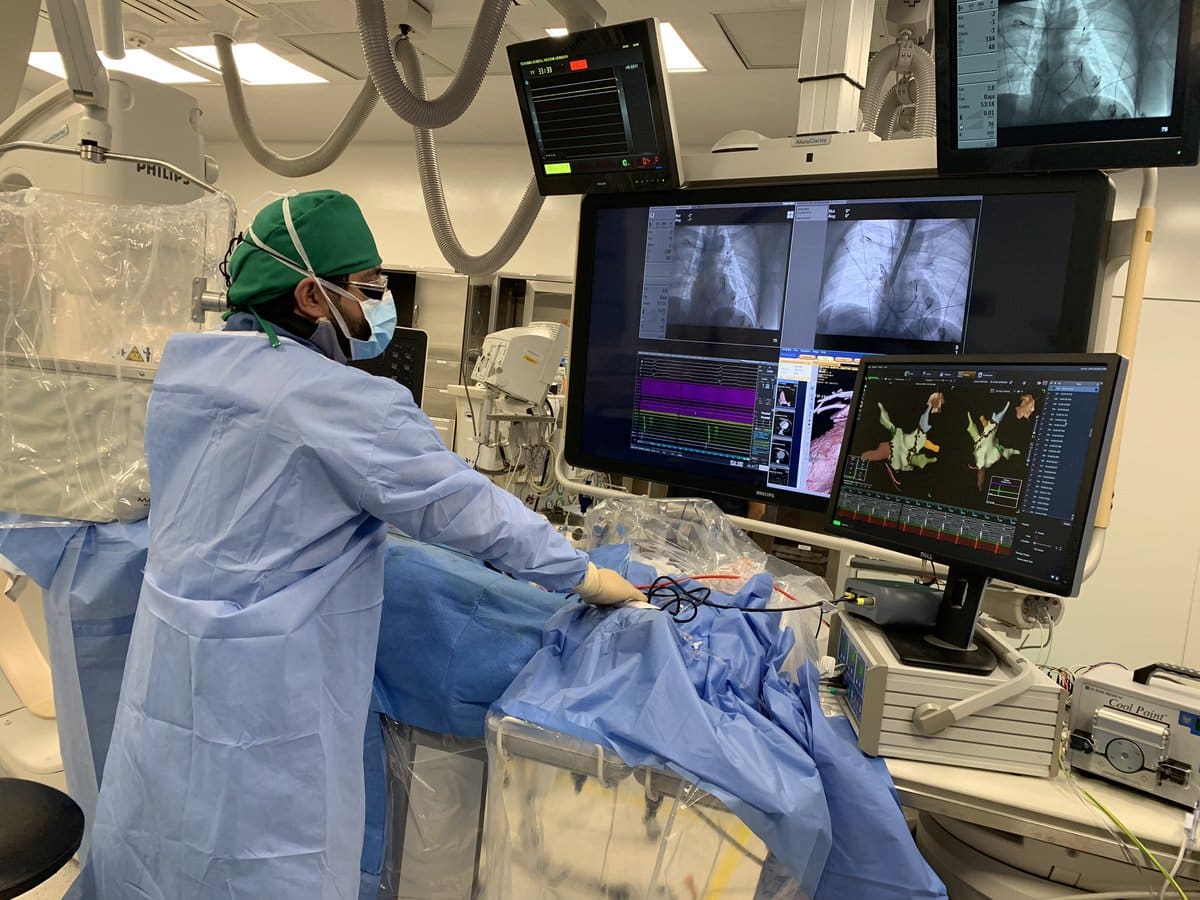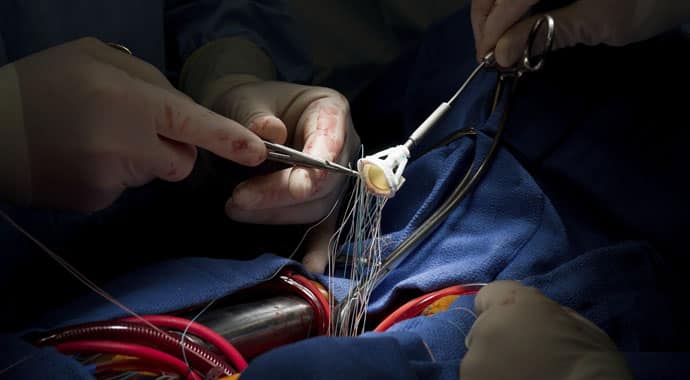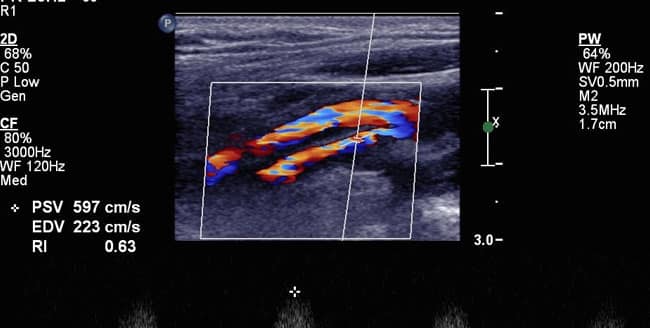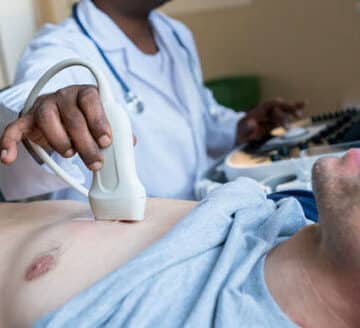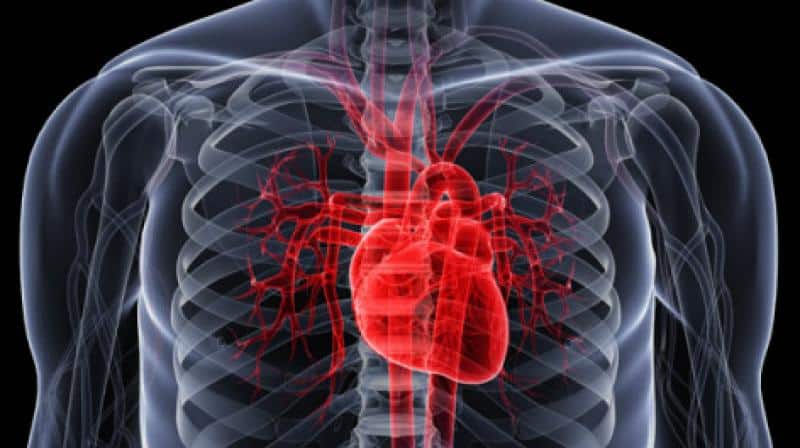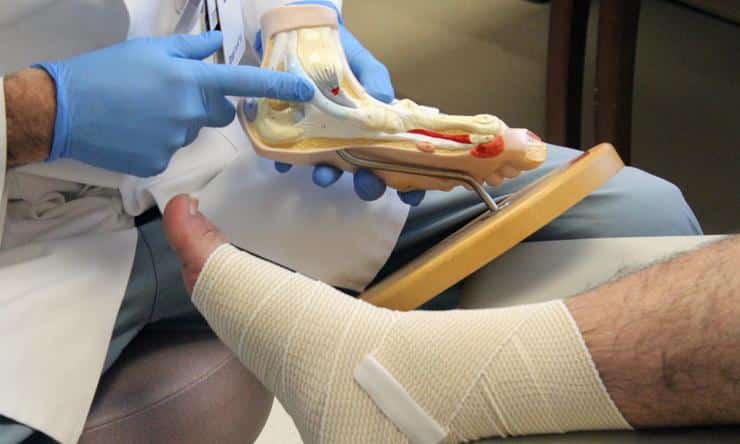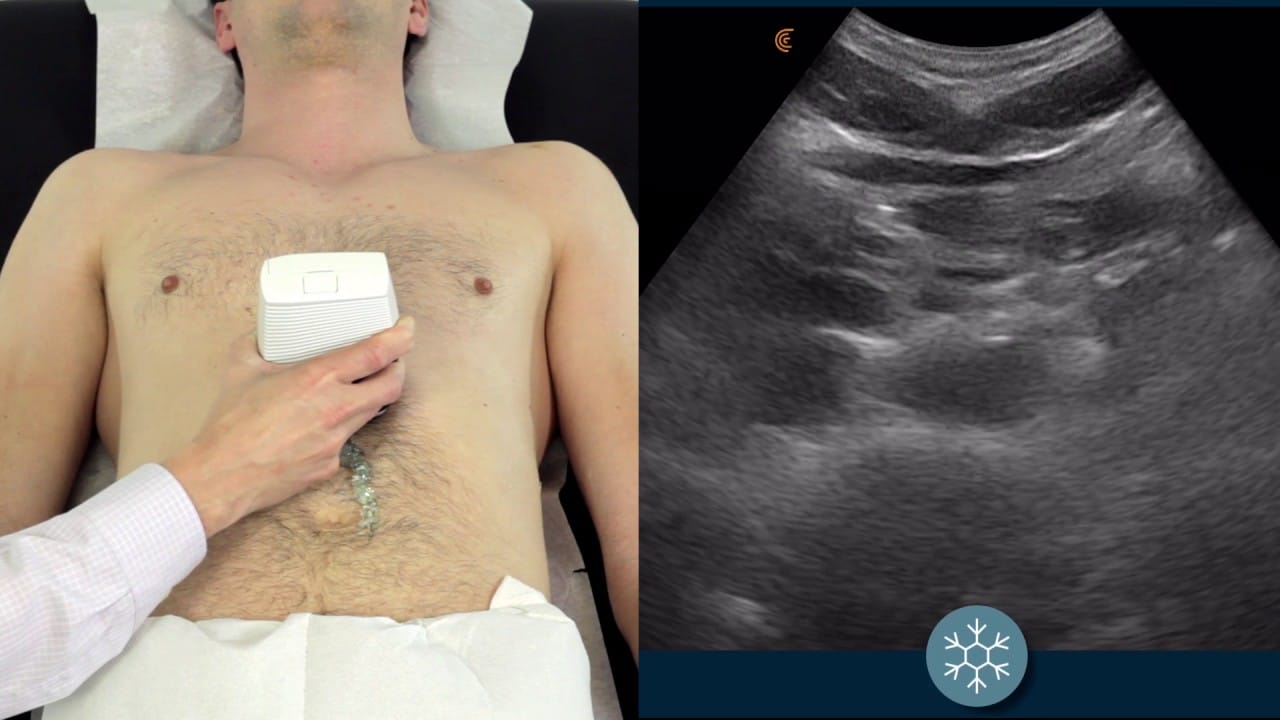Peak Heart & Vascular
Multispecialty Cardiovascular Group located in Laveen, Surprise, Avondale, Phoenix, and Flagstaff, AZ
Cardiomyopathy doesn’t always cause heart problems, but it could lead to severe or life-threatening complications. The exceptional medical team at Peak Heart & Vascular can diagnose and help you manage this chronic heart condition, so it won’t impact your long-term health or reduce your quality of life. If you’re experiencing shortness of breath, fatigue, or chest pressure, don’t hesitate to schedule an evaluation with a trusted provider. Call the Laveen, Surprise, Avondale, Flagstaff, or Phoenix, Arizona, office today, or book online.
Cardiomyopathy Q & A
What is cardiomyopathy?
When your heart muscle tissue becomes stiff, thickened, or enlarged, you have a condition known as cardiomyopathy. It forces your heart to work harder to pump your blood, and can cause irregular heartbeat, heart valve issues, and may lead to heart failure.
Cardiomyopathy falls into four primary categories:
Dilated cardiomyopathy
The most common type of cardiomyopathy, in which the tissue of your heart’s main pumping chamber, the left ventricle, becomes thin. The blood moving through the ventricle stretches the muscle, so the chamber dilates and enlarges.
Restrictive cardiomyopathy
Often caused by the aging process, this condition makes the muscle tissue stiff and less flexible. It prevents your heart from expanding to allow enough blood inside.
Hypertrophic cardiomyopathy
A less common type of cardiomyopathy, this condition causes abnormal thickening. It usually affects the left ventricle, which performs most of the heart’s pumping action.
Arrhythmogenic right ventricular dysplasia
A rare condition in which scar tissue replaces most of the muscles of the right ventricle. It can cause arrhythmias (irregular heartbeats).
What are the symptoms of cardiomyopathy?
In the early stages, cardiomyopathy might not cause any symptoms. If the disease progresses, you may experience the following:
- Fatigue
- Shortness of breath
- Difficulty breathing
- Chest discomfort
- Enlarged neck veins
- Swelling in the legs, ankles, feet, or abdomen
You may also experience heart-pounding, a rapid heartbeat, or heart flutter (palpitations).
What causes cardiomyopathy?
The different causes lead to different types of cardiomyopathy. In some cases, there may not be any apparent cause.
Some of the factors that may contribute to cardiomyopathy include:
- Hypertension (high blood pressure)
- Heart valve problems
- Infections that cause heart inflammation, including COVID-19
- Chronic conditions like diabetes or thyroid disease
- Tissue damage and scarring, often caused by a heart attack
- Pregnancy complications
- Genetic factors
Excessive use of alcohol, cocaine, or amphetamines may also lead to cardiomyopathy.
How does a doctor treat cardiomyopathy?
Your experienced doctor at Peak Heart & Vascular creates a plan to manage your condition based on the type of cardiomyopathy, your health history, and other individual factors. Your management plan may include:
- Medication
- Radiofrequency ablation or another non-surgical procedure
- Surgically implanted devices such as a pacemaker or defibrillator
Most of these procedures can be done outpatient. The providers at Peak Heart have done thousands of these procedures successfully and are the leaders within Arizona for these procedures.
For expert diagnosis and management of cardiomyopathy, call Peak Heart & Vascular today, or request an appointment online.

